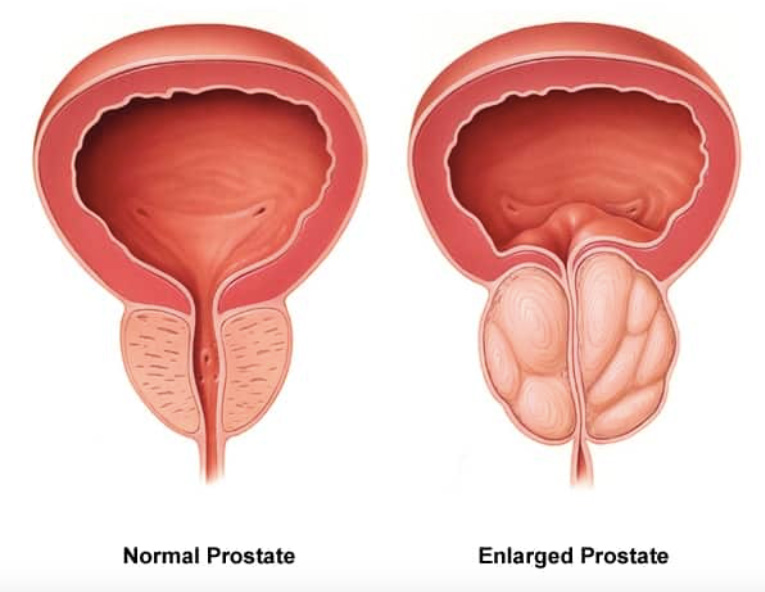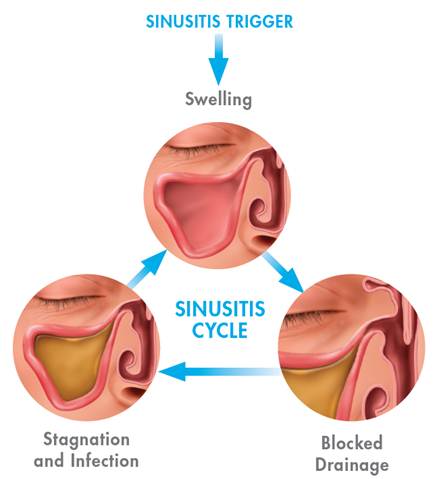Attention deficit hyperactivity disorder (ADHD) is a disorder marked by an ongoing pattern of inattention and/or hyperactivity and impulsivity that interferes with functioning or development. Although it is normal to have some inattention and impulsivity, individuals who suffer from ADHD often are more severe, occurs more often, and interferes with the quality of how they function socially, both at school or in a job.
Inattention and hyperactivity are the key behaviors of ADHD. Some individuals with ADHD only have problems with one of the behaviors, while others have problems with both. People with symptoms of inattention may often overlook or miss details, make careless mistakes in schoolwork, at work, or during other activities, have problems sustaining attention in tasks, including conversations, lectures, or lengthy reading, and not seem to listen when spoken to directly. People with symptoms of hyperactivity-impulsivity may often fidget and squirm in their seats, leave their seats in situations when staying seated is expected, such as in the classroom or the office, often feel restless, be unable to play or engage in hobbies quietly, be constantly in motion or “on the go,” and talk nonstop.
In TCM five elements theory, the heart, mind, and small intestine are all belong to the Fire element. The small intestine, which performs up to 90% of the digestion and absorption of food, is much more than just its physical traits. The heart, mind, and small intestine are in the same meridian and, therefore, interact with each other. The mental role of the small intestine is to separate clear thoughts from unclear thoughts. This how the small intestine and heart are connected because the heart houses the mind and is in charge of mental health in TCM. When there is dysfunction in the small intestine, such as from leaky gut, food sensitivities, or a poor microbiome, this can lead to dysfunction in the mind leading to ADHD.
The TCM view is well correlated with the current biomedical findings. A primal connection exists between the brain and the gut. We often talk about a "gut feeling", "trust our gut instinct" or "gut check time". This mind-gut connection is not just metaphorical. The brain and gut are connected by an extensive network that consist of hundreds of millions of neurons and a highway of chemicals and hormones that constantly provide feedback and updates. The enteric nervous system is often referred to as the body’s second brain. The enteric nervous system is so extensive that it can operate as an independent entity without input from the central nervous system, although they are in regular communication. Why is the gut the only organ in the body that needs its own “brain”? It seems that the enteric nervous system does not just manage the process of digestion, it could function as the second brain to listen in on the trillions of microbes residing in the gut.
 Increased population of bad microbes in the gut can cause ADHD. When pathogenic microbes populate too much in the gut flora, often referred to as small intestine bacterial overgrowth (SIBO), the second brain will generate signals which will be transmitted to the brain through the brain gut connection. Such signal will be communicated with the brain and influence brain function and cause behavioral change. Individuals can have a variety of issues related to brain function and behavior causing symptoms of ADHD.
Increased population of bad microbes in the gut can cause ADHD. When pathogenic microbes populate too much in the gut flora, often referred to as small intestine bacterial overgrowth (SIBO), the second brain will generate signals which will be transmitted to the brain through the brain gut connection. Such signal will be communicated with the brain and influence brain function and cause behavioral change. Individuals can have a variety of issues related to brain function and behavior causing symptoms of ADHD.
Food sensitivities can also lead to ADHD through chronic inflammation and lack of nutrients. Gluten and dairy, for example, can put the immune system into overdrive, leading to increased inflammation which can lead to an increased intestinal permeability (leaky gut). Inflammation of the gut as well as other areas of the body can then lead to brain related symptoms such as ADHD, brain fog, depression, anxiety, memory loss, headaches, and other brain-based disorders as well as other physical symptoms like bloating, cramps, constipation, diarrhea, fatigue, rashes, achy joints, allergies, and more. These symptoms, in addition to chemicals produced during this immune response, may be contributing factors for individuals who struggle with behavior, focus, and learning difficulties. Patients with leaky gut syndrome may also experience vitamin and mineral deficiencies due to poor absorption, which can further exacerbate learning or behavioral struggles. Studies have shown that many children with ADHD symptoms are deficient in crucial vitamins and minerals due to lack of absorption and chronic inflammation which underlies ADHD symptoms. Many studies have been done that put individuals with ADHD on an elimination diet and found it helps significantly with ADHD symptoms. The unfortunate aspect is that once the individual stops the specific diet, the ADHD symptoms can reappear. Individuals with food sensitivities and/or leaky gut typically experience more brain fog symptoms along with their ADHD behaviors.
Conventional treatment for ADHD includes Ritalin, Adderall XR, and Dexedrine. All of them help to diminish symptoms but are stimulant medications that come with side effects such as insomnia, depression, decreased appetite, weight loss, slowed growth, increased heart rate, high blood pressure, anxiety, and irritability. All of these conventional treatments also do not address the root cause of ADHD. The patients may need to be on these drugs for their whole life.


 Increased population of bad microbes in the gut can cause ADHD. When pathogenic microbes populate too much in the gut flora, often referred to as small intestine bacterial overgrowth (SIBO), the second brain will generate signals which will be transmitted to the brain through the brain gut connection. Such signal will be communicated with the brain and influence brain function and cause behavioral change. Individuals can have a variety of issues related to brain function and behavior causing symptoms of ADHD.
Increased population of bad microbes in the gut can cause ADHD. When pathogenic microbes populate too much in the gut flora, often referred to as small intestine bacterial overgrowth (SIBO), the second brain will generate signals which will be transmitted to the brain through the brain gut connection. Such signal will be communicated with the brain and influence brain function and cause behavioral change. Individuals can have a variety of issues related to brain function and behavior causing symptoms of ADHD.




